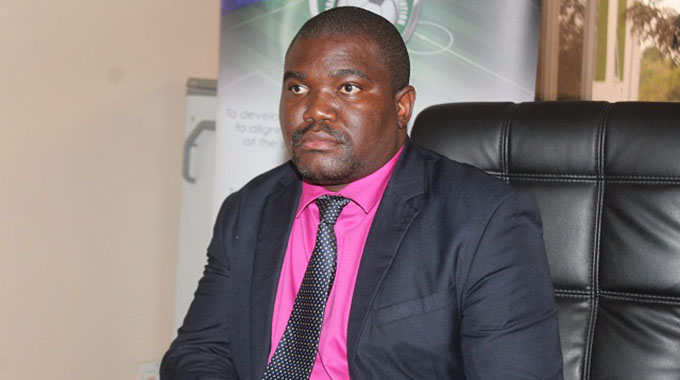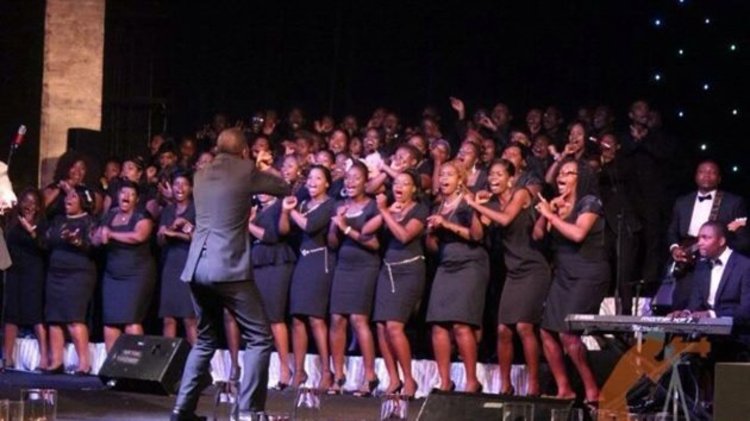Mlalazi novel shows illegal immigrants’ struggles

Beaven Tapureta Bookshelf
Zimbabwean writer and playwright Christopher Mlalazi has to date given us a taste of his imaginative writings in various forms but if one is to get a deep feel of an illegal immigrant’s hope and disillusionment, read the 2009 novel “Many Rivers”. First, it was “Dancing with Life”, a short story anthology, followed by “Many Rivers”, and then “Running with Mother” and “They Are Coming” (2014). Some of his stories have appeared in various anthologies but like the larger works, the author’s signature themes run through them, that is, despondency of the poor who feel shackled in a world they have lost control over. There is a certain sense of unsettledness or constant mobility suggested by Mlalazi’s titles and this sense haunts the characters. They are, in some way, always on the move.
In 2008, Mlalazi made a punch on the literary scene with his collection of short stories “Dancing With Life: Tales From The Township” (AmaBooks Publishers) which the following year earned him two accolades, a Nama Award and Honorable Mention at the Noma Award for Publishing in Africa. The collection, if truth be told, transports you right into the core of township life where characters are struggling to survive under hard socio-economic conditions.
In this anthology, Mlalazi’s stories speak for the poor and he captures the characters in their extreme hopelessness. At the time when the anthology was published, our beloved country was in a tight spot and lack became a daily feature. This was a time when young people in their hundreds left the country in search of paying pastures in neighbouring countries like South Africa. This scenario is captured in the story titled “The Border Jumpers” from which then developed the novel “Many Rivers” which Mlalazi published in 2009.
The novel “Many Rivers” tries to show that all that glitters in the countries to which young people by all means migrated is not gold. Desire and disillusionment is captured in thrilling episodes in this novel.
Memories of the unfortunate era when we witnessed mass exodus of our country’s productive age-group to South Africa are re-ignited. Qinisela Dube, the main character, crosses the menacing Limpopo River to South Africa where he hopes to find proper employment that would support his mother and little sister Martha back in Bulawayo. In search of peace and freedom he finds himself sinking into the crime-ridden life in Johannesburg. As Qinisela and other illegal immigrants slide into their ‘new home’, the author foreshadows the death-trapping life pulsating in the background. A dirty life of sex, crime, and death awaits the immigrants.
It is Mlalazi’s clever use of foreshadowing which aids the reader to see something before the character sees it, thus creating suspense in the process. Qinisela’s close friend along the journey is Vusa who, unbeknown to Qinisela, is a notorious Joburg gangster. Vusa later recruits Qinisela into hardcore criminal life.
Almost every character in “Many Rivers” desires something and for some of the characters, the desired object is a mirage. The life he dreamt of living in South Africa is not the kind of life Qinisela finds himself leading. Friends he had known back home disown him when they meet in their newly adopted ‘home’.
Rugged with crime and disappointed at the same time, Qinisela thinks of going back home but he feels some guilt pangs. He still has blood money to himself. To at least ‘remain’ human, he does something that kind of frees him psychologically. With the little remorse left in him, Qinisela returns some of the blood money to the rightful owner, a widow, before he bids farewell to what he had thought would be his ‘dreamland’.
“Many Rivers” is essentially a story about the search for human dignity and safety in a world torn with disorder.
Born in 1970 in Bulawayo, Mlalazi also writes radio and television drama and for theatre. He was in 2008 the co-winner of the Oxfam Novib PEN Freedom of Expression Award at The Hague for theatre. He has also been guest writer at various institutions in countries like Germany and America.








Comments